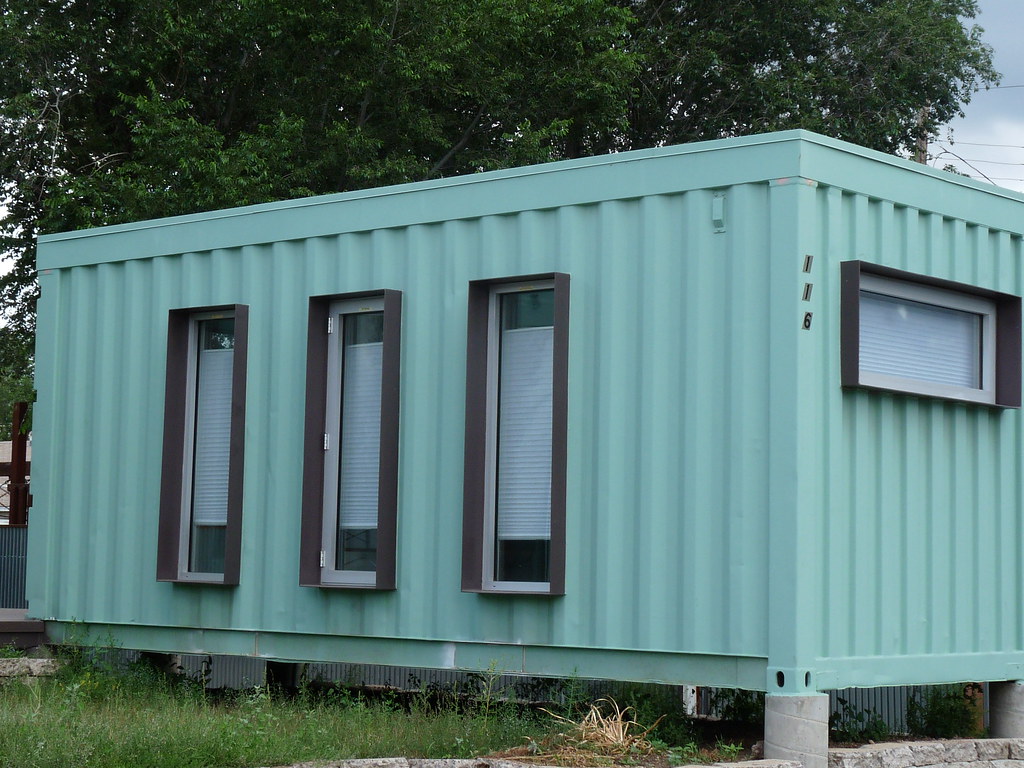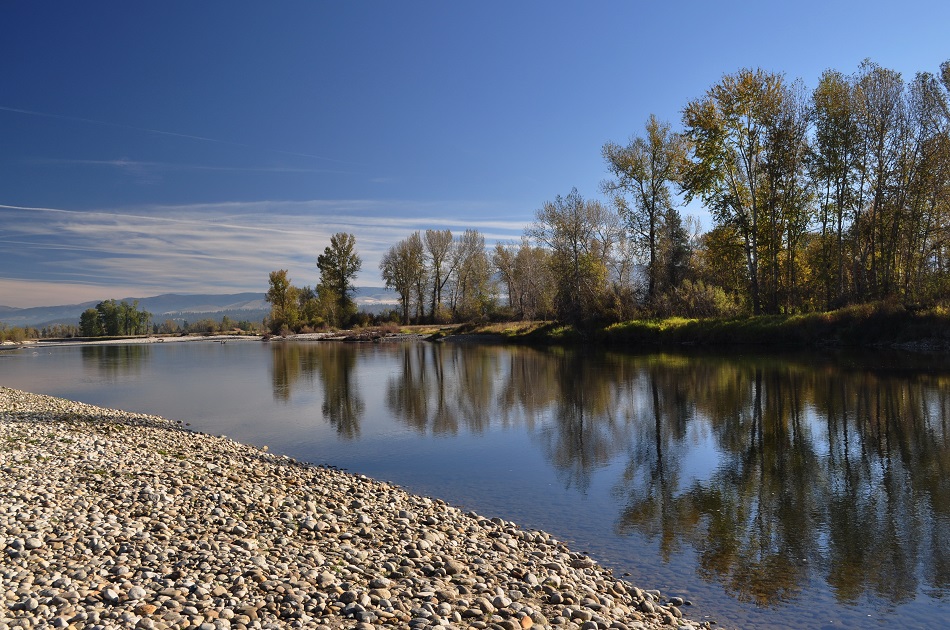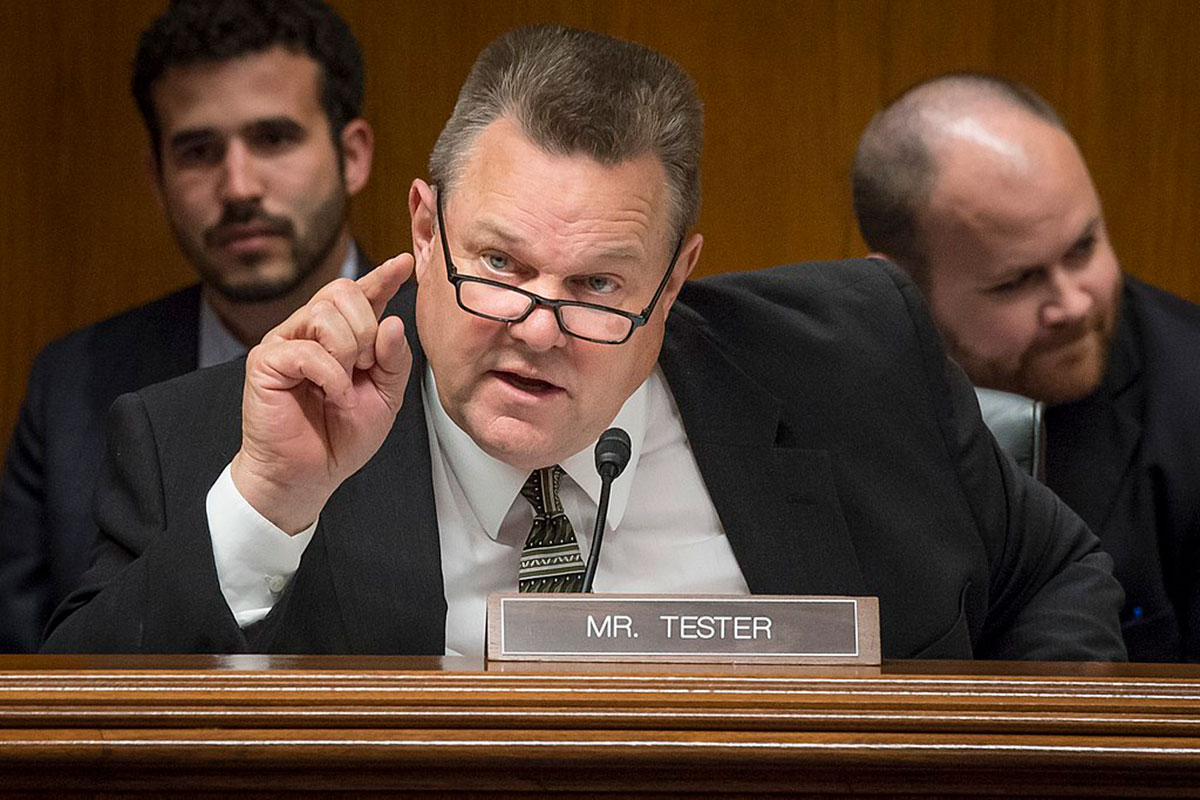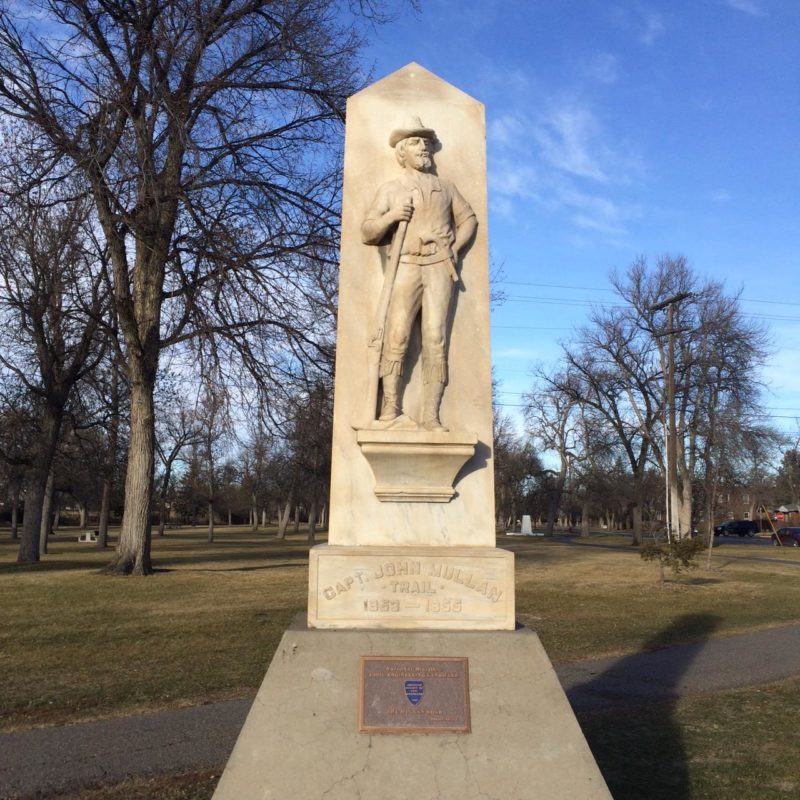Montana Democrat and gubernatorial candidate Whitney Williams is a fundraising tour de force. Williams, the daughter of former U.S. Representative Pat Williams and former Montana Senate Majority Leader Carol Williams, has amassed a campaign war chest that leads the Democratic field. According to the Montana Free Press, Williams has raked in $431,768, but with only…
Category: Montana
Vaughn Volunteer Fire Dept. Fundraiser
_______________________________________________________________________ Editors note: E-City Beat is happy to post your public event announcements. This one sounds delicious and fun! “Hello everyone! Would you please add our event to your event calendars and possibly do a few shout outs to help get the word out for our fundraiser? Please see attachment for info. Your consideration is…
Cost Of Rent In Montana And Innovative Housing Alternatives
_______________________________________________________________________ Here’s an interesting item recently sent to me by a friend – according to ‘Business Insider’, a Montana household needs to earn $49,360 per year in order to comfortably afford rent. The estimate is based on a study done by GoBankingRates which “…revealed how big your annual salary needs to be to afford rent…
Don’t Care Much About Historeee
_______________________________________________________________________ It seems as though we are being assaulted on all sides by those who don’t give two hoots about history, or haven’t a clue about why it is important to our culture. People who should know better either want to change it, destroy it, or ignore it. First, we read in the Great Falls…
Montana Connection In Breeders Cup Races This Weekend
________________________________________________________________________ We love us a good horse race. My former employer of many years, Topper Tracy of Stevensville, MT, who started and owned The Racing Journal magazine, has Breeders’ Cup connections this year. The Breeders’ Cup races are this Friday and Saturday, November 2 and 3 at Churchill Downs in Kentucky. Topper and his…
Opinion: CSKT Water Compact
________________________________________________________________________ Editors note: E-City Beat does not take a position on the CSKT Water Compact. We are posting this editorial in our ongoing mission to help our readers stay informed on state and local issues. We welcome any editorial submissions presenting the opposing side of this editorial. Legislative Committee Urges Federal Approval of CSKT…
Welcome, President Trump! Pay No Attention To The Haters.
________________________________________________________________________ E-City Beat would like to extend a big, hearty “WELCOME TO GREAT FALLS!” to the President and Commander in Chief of our Armed Forces. We’re not only proud to welcome President Trump, we’re excited and grateful that he has chosen our town for a Montana rally. Just consider the thousands and thousands of…
New Axios Poll: Tester In Trouble
According to a new poll from Axios, Sen. Jon Tester (D-MT) might be in a little bit of trouble this year. Tester is getting pounded to the tune of 55-42 against the generic “Republican,” presumably Montana State Auditor Matt Rosendale. From his shameless sycophancy to Big Pharma, to his flip-flopping on DACA, to his #Resistance-styled obstructionism…
Principles Or Politics
A couple of months ago during the Great Falls City Commission campaign, I posted a Facebook request for then candidate Mary Moe calling for her to provide voters with a definitive position on historic monuments and references to local figures. The Columbus Day post was recently reposted to E-City Beat. I think it is safe…
Great Falls Landlords Oppose NeighborWorks Project
This week, the Great Falls Landlords Association unanimously opposed a measure that would grant NeighborWorks Great Falls assistance from the Montana Board of Housing for its proposed Rockcress Commons development, a 124-unit apartment complex to be built south of Great Falls College-MSU. Local and state chapter President Ricky Linafelter submitted a letter to the Board, urging its…











